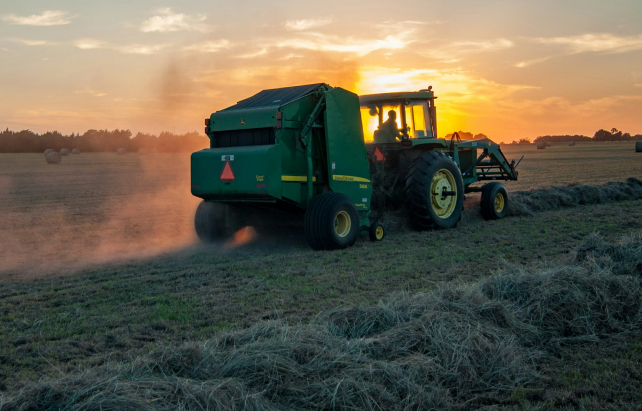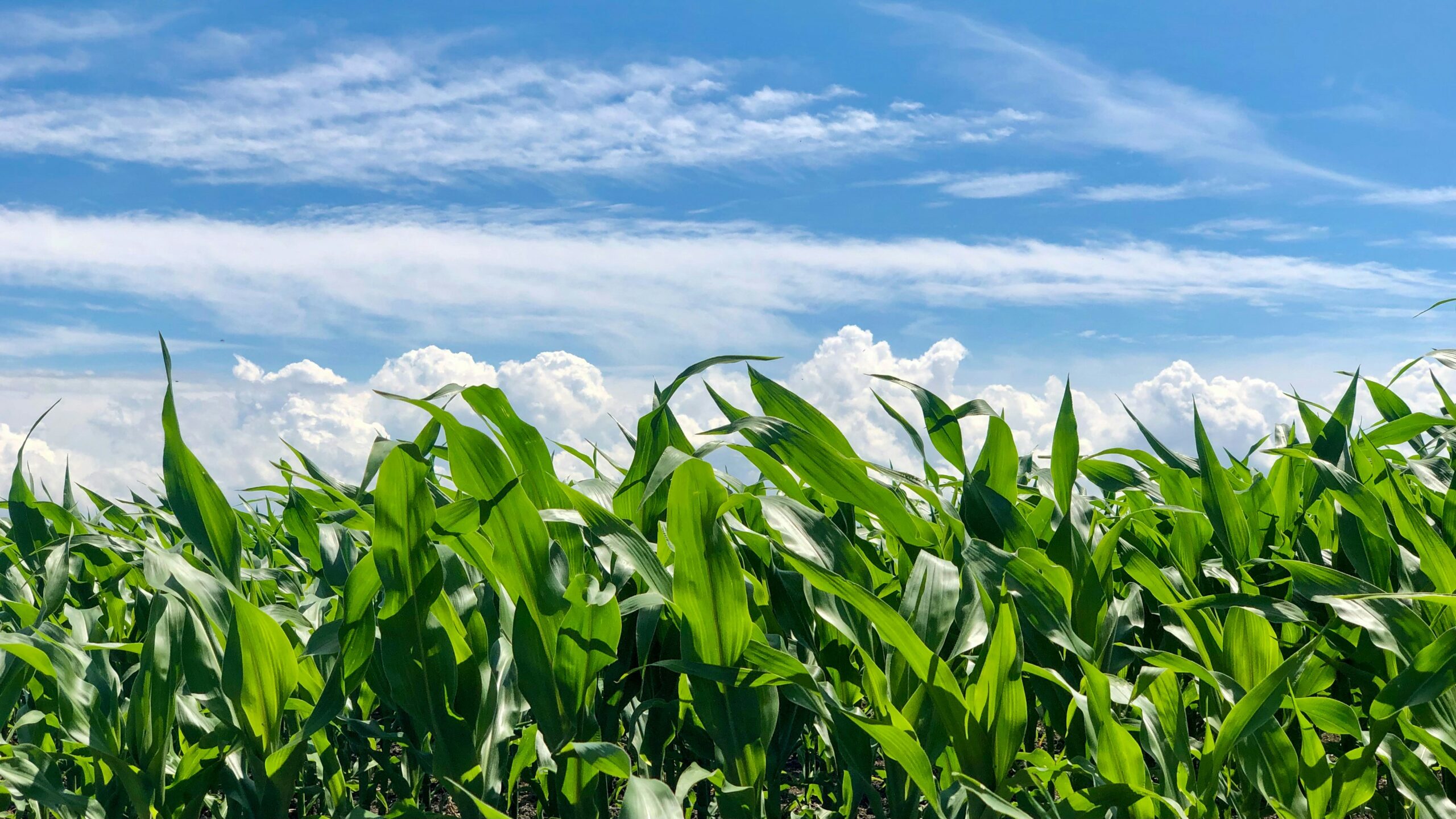Farmers understand the struggle of being land rich but cash poor. With so much money invested in a crop, there’s little capital left to reinvest into expanding the business.
Many farmers are now turning to equity capital, another tool in their financial toolbox, to expand when they couldn’t otherwise. Equity capital lets you unlock the equity you have in your land and access the capital you need to finance growth.
What is equity capital?
Equity capital might be new to farming, but not to corporate finance. Many companies take on investors who provide capital in exchange for a stake in the business. Companies use this capital to grow, while investors share in the upside. For example, Amazon may issue more stock in order to expand their operations internationally. As Amazon grows, investors benefit from a rising stock price.
“Like Amazon, many farmers have a growth playbook and simply need access to more capital to accelerate their expansion. With an equity partner, farmers can essentially do what they’re already doing, but now access more capital to fuel their growth. Farmers continue to run the business and stay in control, while investors share in their growth – resulting in a win-win,” says Steve Conaway, an ag real estate and financial analyst in Northeast Kansas.
How does it work with farmland?
In agriculture, taking on equity capital isn’t as complicated as issuing stock. Instead of investors owning part of a company, the investors take a stake in a field that farmers own. Farmers gain access to capital to reinvest back into their operation, while the investors share in the value of the land over time, which generally encompasses land appreciation and an annual premium (i.e., rent) off the field.
“The farmer is effectively tapping into their land equity while allowing investors to share in the upside of the land. As a farmer, you need to believe that you can grow your operation faster than just letting that money sit in the ground,” says Conaway.
When should I use equity capital?
Equity capital makes sense when you have an opportunity to expand but can’t access the debt needed to finance it. Farmers may be able to service the debt payments when purchasing a field or building a new storage bin, but don’t have the capital on-hand for a down-payment.
“In many cases, farmers must save over multiple years to simply put together a down-payment to access new debt. They’re left missing out on good farms or losing rented land that comes up for sale simply because they don’t have the capital,” says Conaway.
How can I access equity capital?
Some farmers have cash-rich neighbors who can help them come up with capital to invest in a new field. Many farmers don’t have these connections and can’t compete on the same playing field.
If you don’t have these relationships or don’t have the time to structure a deal, it pays to look at an outside investor like Fractal Agriculture. Fractal is a passive investor that provides farmers with the capital they need to expand. In return, Fractal takes a minority position in a field you own while you keep control of the title and all management decisions. Learn more.
“We are committed to a farmer owner/operator future,” explains Ben Gordon, CEO of Fractal Ag. “We’re not just investing in good ground, we’re investing in good operators who are going to be farming in the next 10 years.”
Note this is not investment advice. The information contained should be used for informational purposes.
Authors:
Harrison Rogers is the Marketing Lead at Fractal Agriculture, Inc.
Steve Conaway is a real estate appraiser and analyst, and farmer of corn, beans, wheat, and grain sorghum in north Kansas
LEARN HOW TO UNLOCK YOUR EQUITY
"*" indicates required fields
We hold your data in high regard. By submitting this form, you are consenting to the use of this information in compliance with our Privacy Policy.


